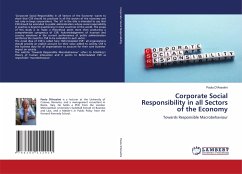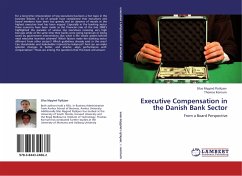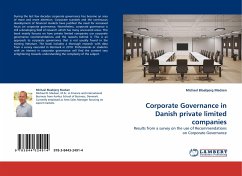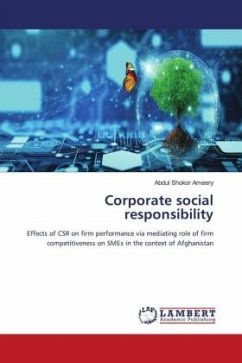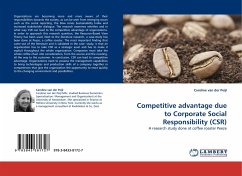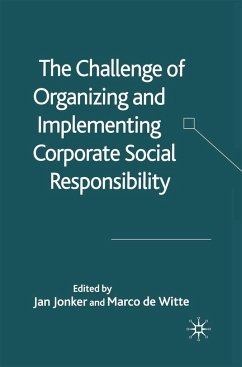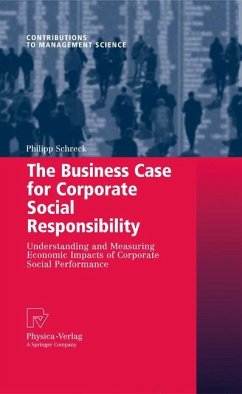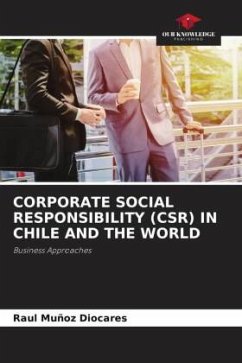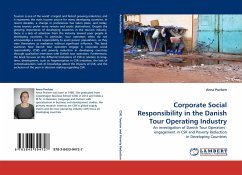
Corporate Social Responsibility in the Danish Tour Operating Industry
An investigation of Danish Tour Operators´ engagement in CSR and Poverty Reduction in Developing Countries
Versandkostenfrei!
Versandfertig in 6-10 Tagen
32,99 €
inkl. MwSt.

PAYBACK Punkte
16 °P sammeln!
Tourism is one of the world´s largest and fastest growing industries, and it represents the main income source for many developing countries. In recent decades, a change in preferences has taken place, and today, many tourists prefer more remote and exotic destinations. Despite the growing importance of developing countries in the tourism industry, there is a lack of attention from the industry toward poor people in developing countries. In particular, tour operators often do not acknowledge a social responsibility to assist poorer populations, as they view themselves as mediators without sig...
Tourism is one of the world´s largest and fastest growing industries, and it represents the main income source for many developing countries. In recent decades, a change in preferences has taken place, and today, many tourists prefer more remote and exotic destinations. Despite the growing importance of developing countries in the tourism industry, there is a lack of attention from the industry toward poor people in developing countries. In particular, tour operators often do not acknowledge a social responsibility to assist poorer populations, as they view themselves as mediators without significant influence. This book examines how Danish tour operators engage in corporate social responsibility (CSR) and poverty reduction in developing countries through qualitative interviews with Danish tour operators. Furthermore, the book focuses on the different limitations of CSR in relation to long-term, development, such as fragmentation in CSR initiatives, the lack of contextualization,lack of knowledge about the impacts of CSR, and the exclusion of the poor in decision making regarding CSR.



